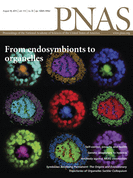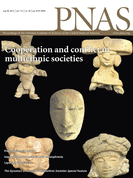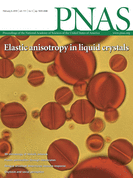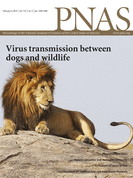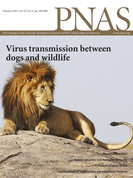![]() Is ethical behavior good for business?
Is ethical behavior good for business?
Five years ago this month, Swedish pharmaceutical company WntResearch immediately notified shareholders when authors retracted a 2009 Proceedings of the National Academy of Sciences (PNAS) paper on a potential cancer therapy that was key to the company’s business.
At the time, the company’s decision to disclose the retraction hurt its finances, as WntResearch delayed its planned initial public offering for three weeks. It also offered investors and shareholders the opportunity to withdraw their shares of WntResearch stock.
But, aside from one of the paper’s co-authors, “No one did that,” Nils Brünner, WntResearch’s CEO, told us. Since the company’s IPO on December 17, 2010, its stock price has increased from Continue reading Five years after a retraction, company’s stock is up more than 500%
